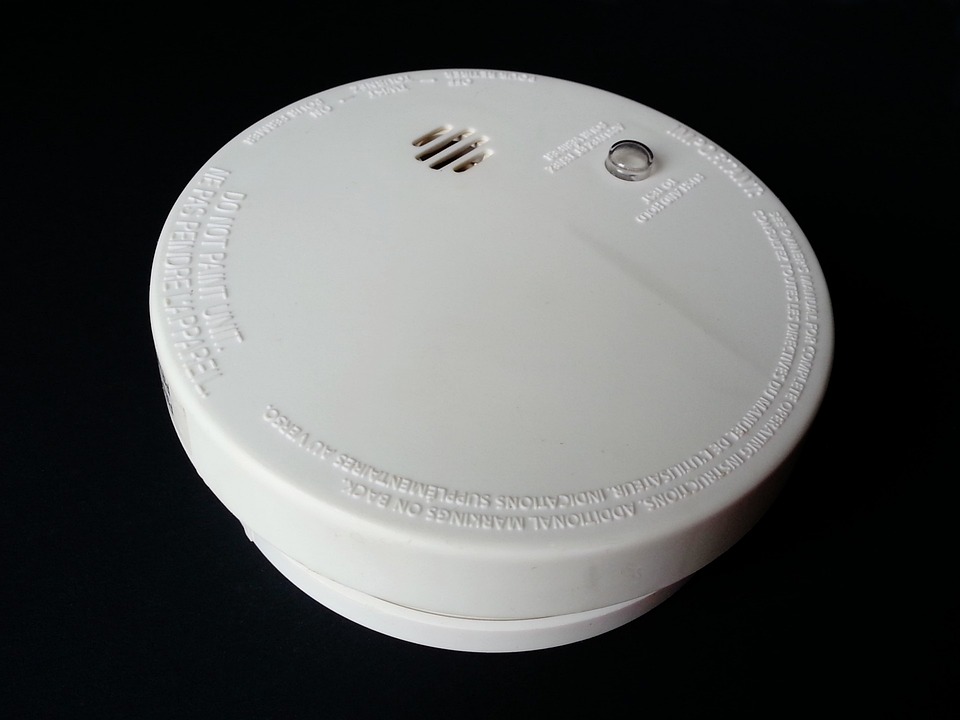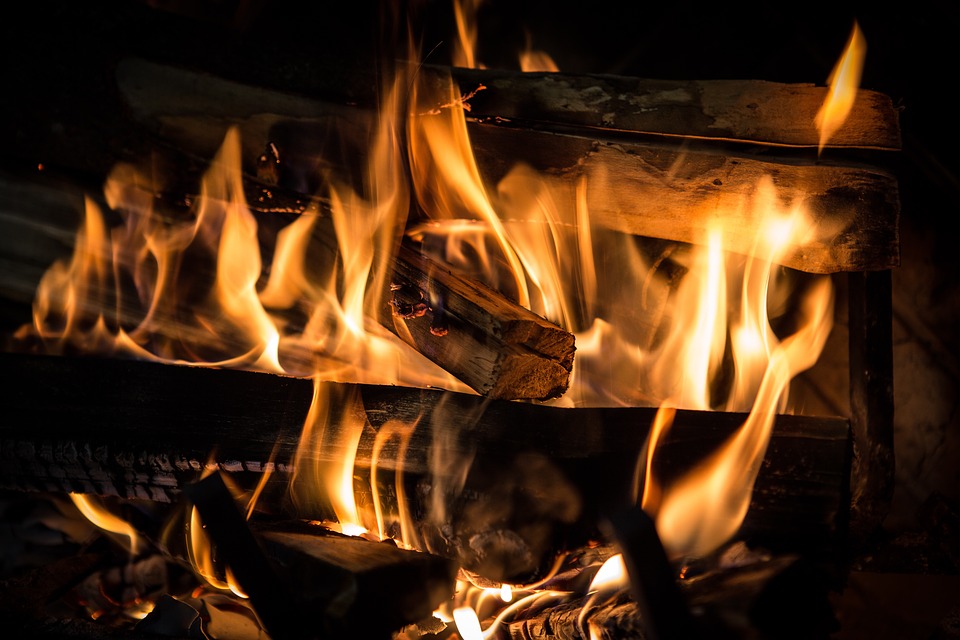Furnaces, space heaters, fireplaces and other heating systems can boost the warmth in our houses. Unfortunately, they can also represent fire hazards if not properly maintained and inspected. So, if you want to avoid any heating fire incidents, learn more about the necessary precautions required to protect you and your family.
Common Sources of Heating Fires
- Fireplaces: This traditional method of heating homes that dates from the Middle Ages represents a fire hazard. High burning temperatures, unclean chimney and hot flying embers are some factors that can lead to household fires.
- Space Heaters: Did you know that space heaters account for 70 % of all winter fires which are generally caused by circuit overloads?
- Furnaces: Furnaces use natural gas to heat buildings and houses. However, as malfunctioning furnaces can lead to combustible natural gas leaks and as the gas is extremely flammable, it can even cause explosions. In addition, the leaks can also result in carbon monoxide poisoning.
- Kerosene Heaters: With the wrong fuel, these types of heaters can be very dangerous and explosive.
- Radiators: They are susceptible to overheating and can cause thermal injuries. Moreover, placing flammable stuff near or on top of a radiator can cause a fire in a matter of seconds.
How to Prevent These Accidental Household Heating Fires?
#1. Practice Space Heater Safety

As mentioned above, space heaters are responsible for many winter fires and fire-related deaths. Therefore, if you want to prevent such disasters, I recommend you to follow these tips:
- What happens if your heater falls over and does not shut off? It could easily cause a fire in the house, especially if it falls onto the carpet. This is the reason why it is better to buy space heaters that have emergency cut-offs, as these mechanisms will automatically shut off the space heater if it gets tipped over, hence preventing any fire hazards.
- Besides, it would be best if you never left a space heater unattended. For example, if you are leaving the house or going to bed, make sure you turn it off.
- Another space heater safety tip is to plug it directly into the wall, most preferably into a Ground Fault Interrupter (GFI) system. If there is a malfunction, this fast-acting circuit interrupter will automatically shut off electricity, thus protecting against electric shocks and fires.
- It is an excellent practice to keep a space heater on a flat and nonflammable surface and always to keep it away from flammable objects like curtains and bedding.
#2. Maintain Your Heating System

- It is recommended to change the furnace filter at least once a month during the winter season. Why? Well, this will prevent the build-up of dust and debris which can block the line of heat. This will lead to an efficient airflow which is key to preventing heating fires.
- Furthermore, one should always make sure that there are no flammable materials around the furnace.
- Another safety tip is to have an HVAC expert inspect your furnace regularly. This will ensure that your heating system is working properly and that there is no risk of a fire-igniting malfunction.
#3. Clean and Inspect Your Chimney

One essential step to avoid heating fires is to have your chimney cleaned each year to remove soot and creosote. And for this task, you can hire a professional chimney sweep.
Additionally, as sometimes a simple air leak can affect the flame inside the fireplace and cause a fire, it is a good idea to regularly inspect your chimney to check for any air leaks or cracks.
#4. Use a Diffusion Screen

Using a diffusion screen can protect you and your family from any heating fire hazards that can break out from flaming logs running out of the fireplace. Also, diffusion screens can prevent sparks from jumping out of the fireplace to cause fires.
#5. Check Your Smoke and Carbon Monoxide Detectors

If a heating system in your house malfunctions and releases smokes or ignites a fire, smoke detectors can alert you and allow you to address the problem before it turns into a full-on fire.
Now, suppose you have a furnace that has malfunctioned. And, as mentioned above, natural gas is very flammable and can cause fires and even explosions. However, a carbon monoxide detector can alert you of any natural gas leak so as you can get the leak fixed before it leads to any further problems.
Will you take these necessary steps to prevent heating fires? Please share your comments!

